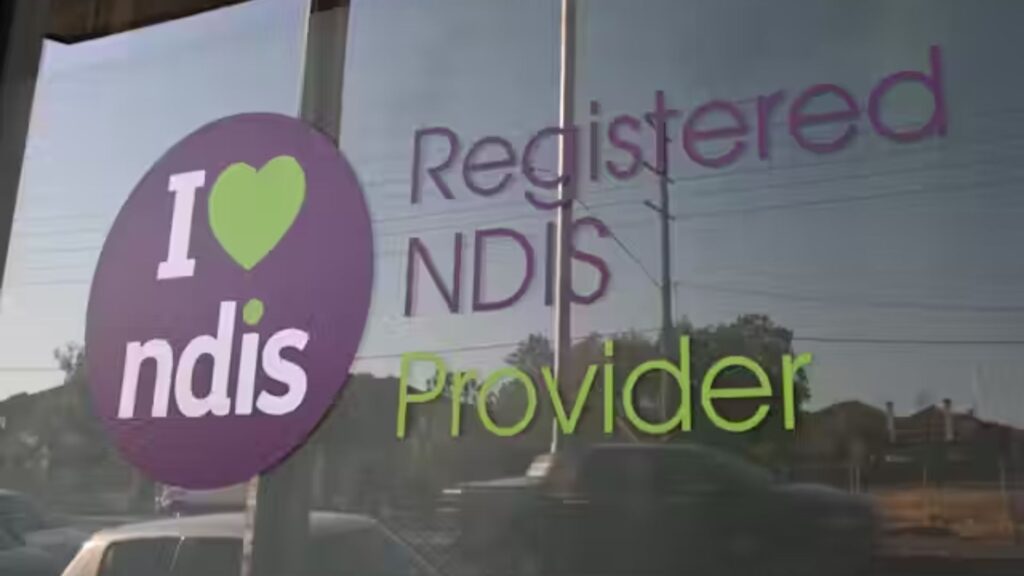As Australia moves towards mandatory registration for disability and aged care service providers, understanding the implications of this shift is crucial for organisations within the sector.
This change of mandating service provider registration within the NDIS and My Aged Care aims to enhance the quality of care and ensure that services are delivered by qualified professionals adhering to high standards.
Registration affirms providers’ credibility and safeguards the interests of some of society’s most vulnerable groups.

Understanding The Registered Provider Status
Undergoing service provider registration means an organisation has met specific government-mandated criteria, ensuring service delivery safety, quality, and efficiency.
This status is not just a badge of honour; it carries with it the responsibility to maintain continual compliance with regulatory frameworks, which include periodic audits, staff training requirements, and adherence to operational guidelines.
Registration is on its way to becoming a compulsory step for disability and aged care service providers, legitimising their services and opening the door to government funding opportunities.
“We have reached the point of saying “when” now, not “if,” says KompleteCare in-home care provider Director Linda Sharrock. Linda has always been a big advocate for registered service providers. “KompleteCare has been registered since our beginning ten years ago, and, although hard work, we believe it has highly contributed to the quality of our services and reputation.”
Registration mandates are particularly significant as they directly relate to the National Disability Insurance Scheme (NDIS) and other government programs focused on aged care.
Staff Training and Compliance
The key to maintaining service provider registration is the ongoing training of staff. Providers must ensure that their workforce is competent in practical caregiving skills and well-versed in their roles’ legal and ethical aspects. Training programs must cover several critical areas:
Correct Documentation: Staff must be trained in accurate and timely documentation practices, crucial for legal compliance and continuity of care.
Professional Boundaries: Understanding and maintaining professional boundaries is essential in building trust and ensuring a respectful and safe environment for clients and caregivers.
Safeguarding: Safeguarding training involves equipping staff with the skills to identify and respond to abuse or neglect, ensuring that vulnerable clients are protected from harm.
Care Plans: Staff should be proficient in developing and implementing effective care plans tailored to individual client needs, reflecting best practices in client-centred care.
Medication Administration: Ensuring anyone, both professional and personal, is correctly administering medications will significantly reduce the strain on our hospitals and the healthcare industry. Up to 39% of hospital emergencies are directly related to the misuse of medicines.

KC Skills Centre’s Role in Education and Training
In response to these stringent training requirements for those entering the industry, organisations like Skills Centre Australia have developed specialised courses tailored to the needs of the disability and aged care sectors.
It was put together by a clinical team that has spent years working within registered provider companies or government-registered health facilities. It has also been instrumental in further accreditations with the HDAA and ISO9001.
Their “Intro to Support Worker” and “Medication Support” courses are exemplary models designed to meet the latest government compliance requirements.
These courses offer comprehensive training in crucial areas for care providers, including correct documentation, professional boundaries, safeguarding, developing and implementing care plans, and everything required to support and administer a wide range of medications.

Skills Centre Australia prepares individuals to excel as support workers by focusing on these critical components. It assists service providers in meeting their compliance obligations under the new registration framework.
Mandating service provider registration for disability and aged care providers in Australia is a significant step towards improving the quality and safety of care provided to vulnerable populations.
As organisations transition to this new regime, it is imperative that they invest in high-quality training for their staff to meet the stringent government requirements.
With the support of educational institutions like KSkills Centre Australia, service providers can ensure that their employees are well-prepared to deliver care that is not only effective but also compliant with the highest standards of professional practice.
This not only benefits clients but also enhances the reputation and operational success of the providers themselves.


